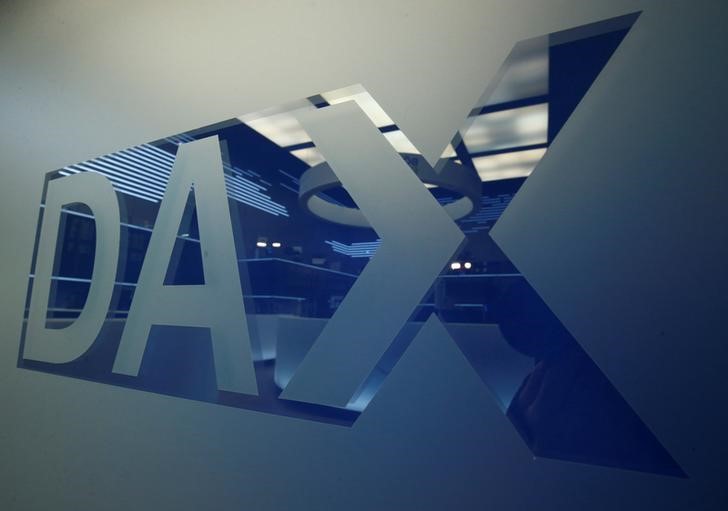Investing.com - European stock markets traded largely higher Thursday, as investors digested the political upheaval in Germany, Donald Trump’s return to the White House as well as an interest rate cut from the Bank of England.
At 10:55 ET (14:55 GMT), the DAX index in Germany traded 2% higher and the CAC 40 in France rose 1%, while the FTSE 100 in the U.K. edged 0.1% higher.
German political turmoil; BOE cuts
Political uncertainty in Europe's biggest economy is rife after German Chancellor Olaf Scholz said on Wednesday he would call a confidence vote on January 15, which could pave the way for a snap federal election in March.
This followed Scholz sacking Finance Minister Christian Lindner of the Free Democrats party after a series of budget disputes, causing the three-party ruling coalition to collapse.
"The prospect of a new German government next March might actually increase the chance of some fiscal stimulus and provide better ammunition for Europe to withstand Trump's trade agenda in 2025," said analysts at ING, in a note.
The German economy is struggling at the moment, as illustrated by data released earlier Thursday showing that German industrial production fell in September by 2.5% compared to the previous month.
UBS sees limited upside for European equities under a Trump presidency, chiefly due to concerns over potential trade tariffs, higher US bond yields, and a rollback of green energy policies.
These headwinds, according to the bank's strategists, may weigh on equity valuations within the bloc.
The Bank of England cut interest rates by 25 basis points earlier Thursday, its second reduction this year, but the future path of monetary policy looks uncertain after last week's more expansionary than expected Budget.
The Federal Reserve also concludes its latest policy-setting meeting later in the session, and is also widely expected to cut interest rates.
Air France slumps
Back in Europe, there are more quarterly earnings to digest, with the season remaining in full swing.
Air France KLM (EPA:AIRF) stock fell more than 11% after the airline group reported a bigger-than-expected drop in its quarterly operating result, impacted by the Paris Olympic Games and unit costs.
Rolls-Royce (OTC:RYCEY) stock fell 3% after the manufacturing company stuck to its annual profit growth guidance despite demand for power for data systems and defence equipment continued to grow.
J Sainsbury (LON:SBRY) stock fell 2% after the British supermarket group reported a small rise in profit for the first half of the fiscal year, with robust grocery sales offset by a weaker performance in general merchandise.
Crude prices just lower
Oil prices slipped Thursday as traders digested the ramifications of a Donald Trump presidency amid hopes for more stimulus from top importer China.
By 09:55 ET, the Brent contract slipped 0.1% to $74.84 per barrel, while U.S. crude futures (WTI) traded 0.2% lower at $71.58 per barrel.
The crude benchmarks had weakened during the previous session, weighed by a surge in the dollar as well as a bigger-than-expected build in U.S. inventories.
However, traders are now beginning to consider the potential for a Trump presidency squeezing oil supply from Iran and Venezuela, while his policies have tended to be pro-business, which likely supports overall economic growth and increases demand for fuel.
Additionally, China’s National People’s Congress is widely expected to outline plans for more fiscal spending in the coming months to boost economic growth.
Hurricane Rafael is building in intensity as it moves through the Gulf of Mexico, shutting in a significant portion of the region’s crude oil production.
